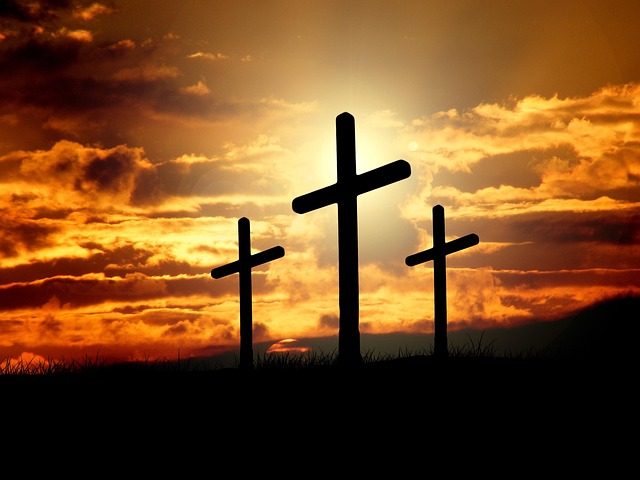Throughout history, the concept of sacrifice has held a profound place within various religious traditions. For many, it symbolizes the ultimate act of devotion and love towards a higher power. Whether it’s through rituals, offerings, or personal sacrifices, the underlying theme is one of commitment and spiritual connection.
In Christianity, the narrative of sacrifice is epitomized by the story of Jesus Christ, who gave his life for the salvation of humanity. This central event shapes the belief in selflessness and redemption, emphasizing that true love often involves giving up something precious for the benefit of others. The communion ritual, recalling the Last Supper, serves as a powerful reminder of this ultimate sacrifice, bringing followers together in a shared moment of reflection and gratitude.
Similarly, in Hinduism, the act of sacrifice transcends the physical realm. The concept of “yajna” or offering is a fundamental aspect of Vedic rituals, where practitioners offer various items into a sacred fire. This act is not just about appeasing the deities but is also a manifestation of sharing – a way to express gratitude for the abundance of life. By giving back to the universe, devotees reinforce their commitment to dharma, or duty, further reflecting the interconnectedness of all beings.
No discussion of sacrifice in religious contexts would be complete without mentioning Islam. During the festival of Eid al-Adha, Muslims commemorate the willingness of Ibrahim (Abraham) to sacrifice his son in obedience to God’s command. This act has become a time of communal sharing, where families offer a portion of their sacrifice – typically a sheep or goat – to those in need. It highlights the importance of generosity, compassion, and social responsibility, encapsulating the spirit of selflessness that is integral to the faith.
In Buddhism, sacrifice takes on a different form. It’s less about physical offerings and more about the shedding of the self. The path to enlightenment requires letting go of desires, attachments, and ego. In this sense, the greatest sacrifice is the willingness to transform oneself, embracing change and the impermanence of life. This journey often leads to deep compassion for others, fostering a sense of unity and interdependence within the community.
Across these diverse religious traditions, the theme of sacrifice resonates with many on a personal level. It prompts individuals to reflect on what they hold dear and what they are willing to give up for the sake of others or a greater cause. It cultivates empathy, encourages moral values, and fosters a sense of belonging within the spiritual community.
As we navigate our own beliefs and traditions, it’s essential to recognize the transformative power of sacrifice in our lives. In a world often centered around individualism, these acts remind us of the beauty in giving and the strength found in unity, echoing the timeless lessons imparted by our ancestors.




